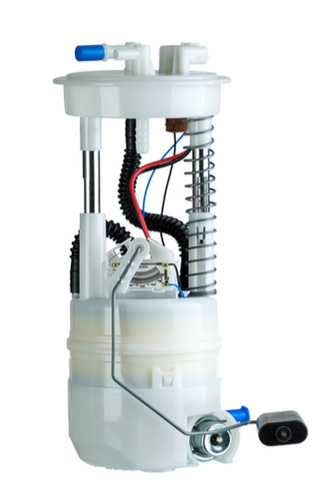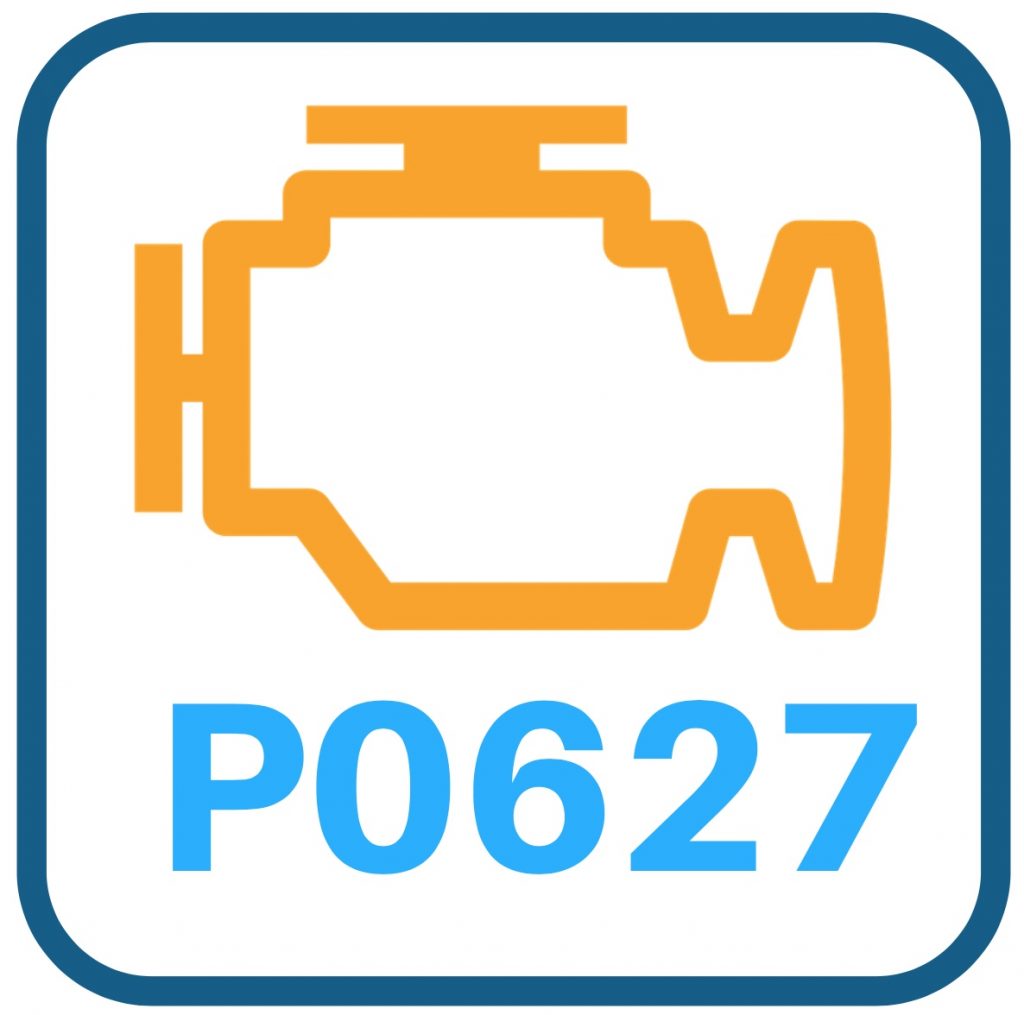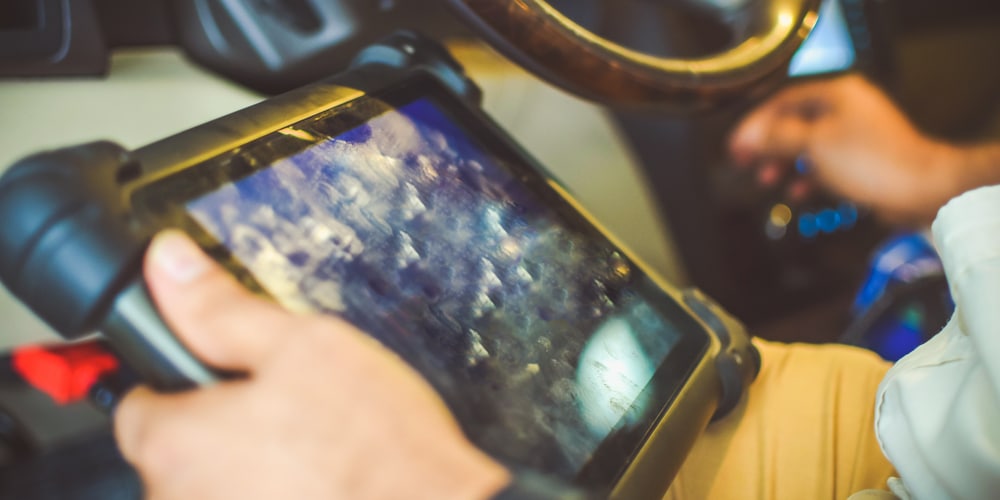P0627 is a somewhat rare and generic OBD2 trouble code, which means that it has the same meaning for the Lincoln Nautilus as it would any vehicle made for the 1996 model year and up.
In the Nautilus, P0627 is most commonly caused by a wiring issue, bad fuel pump, or defective CAN bus.
P0627 Definition: Fuel Pump “A” Control Circuit Open

Here’s the meaning of P0627 for the Lincoln Nautilus broken down by its two parts.
Fuel Pump “A”
Fuel pump “A” refers to the fuel pump control circuit in general.
When you turn your Nautilus’s key to the run position, the PCM performs a readiness check to ensure that the fuel pump or fuel pump relay is functioning properly.
Control Circuit Open
“Control circuit open” indicates that a malfunction occurred when performing this readiness check. When it does, P0627 will be stored in the PCM’s memory, and the check engine light will come on.
Lincoln Nautilus: P0627 Symptoms

Here are some of the most common symptoms of P0627 in the Nautilus. Oddly enough, there often won’t be any noticeable problem with how the vehicle runs or drives.
- The engine won’t start, or it’ll start for a few seconds and die.
- Reduction in fuel economy.
- Misfiring/ Running Poorly
- Check engine light
Lincoln Nautilus: P0627 Causes and Diagnosis

Here’s an effective strategy for diagnosing P0627 in your Nautilus at home:
1. Scan for Other Codes
Other codes can give you a better idea of what is going on with the vehicle, particularly if they are related to the fuel pump/fuel system or the CAN bus system.
While it’s a good idea to know what else is going on with your Nautilus, you’re almost always going to want to start with P0627, even if there are other codes present in the PCM memory.
2. Do a Visual Inspection of the Fuel System
Take a look at the wiring harness where it plugs into the fuel pump/fuel pump relay. Make sure that the wiring doesn’t have any visible damage.
The harness and connectors under the vehicle that run to the fuel pump are subject to damage caused by salt, water, and anything that might get kicked under while driving your Nautilus.
- Inspect the harness connections where they plug into the fuel pump/fuel pump relay. If they are damaged or corroded, you’ll need to replace them or use a good electrical contact cleaner.
- Check the ground wire. Make sure that it is connected securely and isn’t damaged in any way. You can find a good ground and connect it to the circuit. If the problem goes away, then you know you need to replace/repair the factory ground.
- Inspect the rest of the harness for wiring that is damaged, sliced, or broken. If your Nautilus isn’t running at all, test to see if there is power at the fuel pump. If there isn’t, check the fuel pump fuse. If the fuse is good, follow the wire all the way back to where you find it’s hot (a cheap simple test light will work fine for this). Repair the wiring harness as needed.
It is likely a bad fuel pump, if it has voltage going to it (and a good ground) and your Nautilus won’t start in conjunction with P0627.
A wiring diagram for your vehicle can help you with this process, but there’s a lot you can do without one.
3. Other Causes
Here are some issues that are known to cause P0627 but aren’t as common as the ones listed above:
- Bad CAN bus- this is the wire junction where the different wiring harnesses connect and interact with the various modules on the vehicle. You’ll likely have a trouble code that starts with a “U” if there’s an issue with the CAN bus.
- Can bus wiring issues.
- Bad fuel pump relay.
Conclusion
P0627 can be challenging to diagnose since you may need to get under your Lincoln Nautilus or pull the fuel tank. If it doesn’t start or run, confirm that there’s power getting to the fuel pump. If there’s power and a good ground, suspect the pump.
If you feel like you could help the next person reading this article, leave a comment. It would be appreciated.

